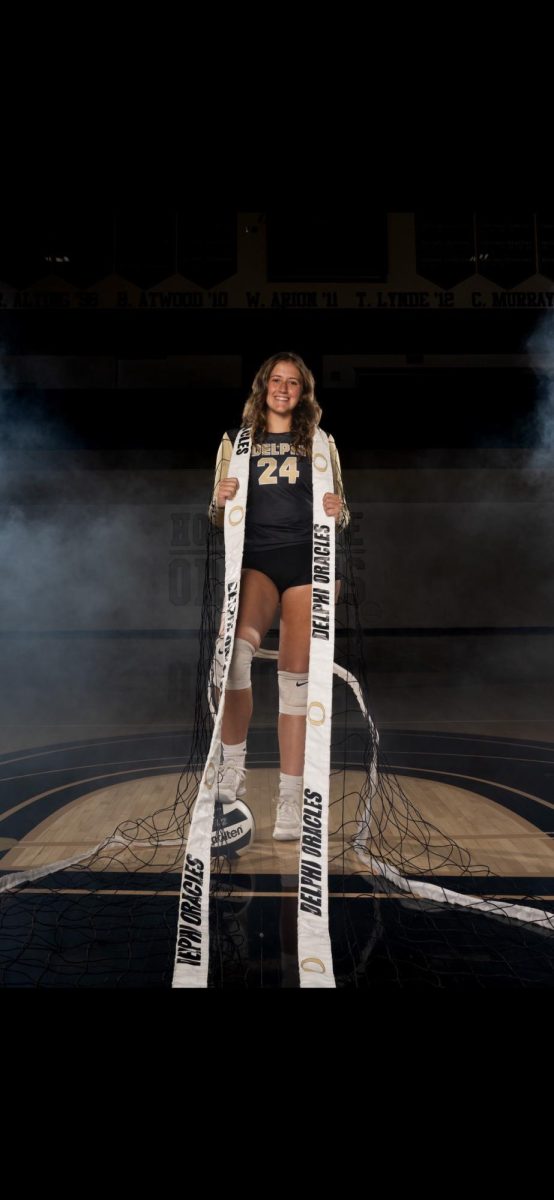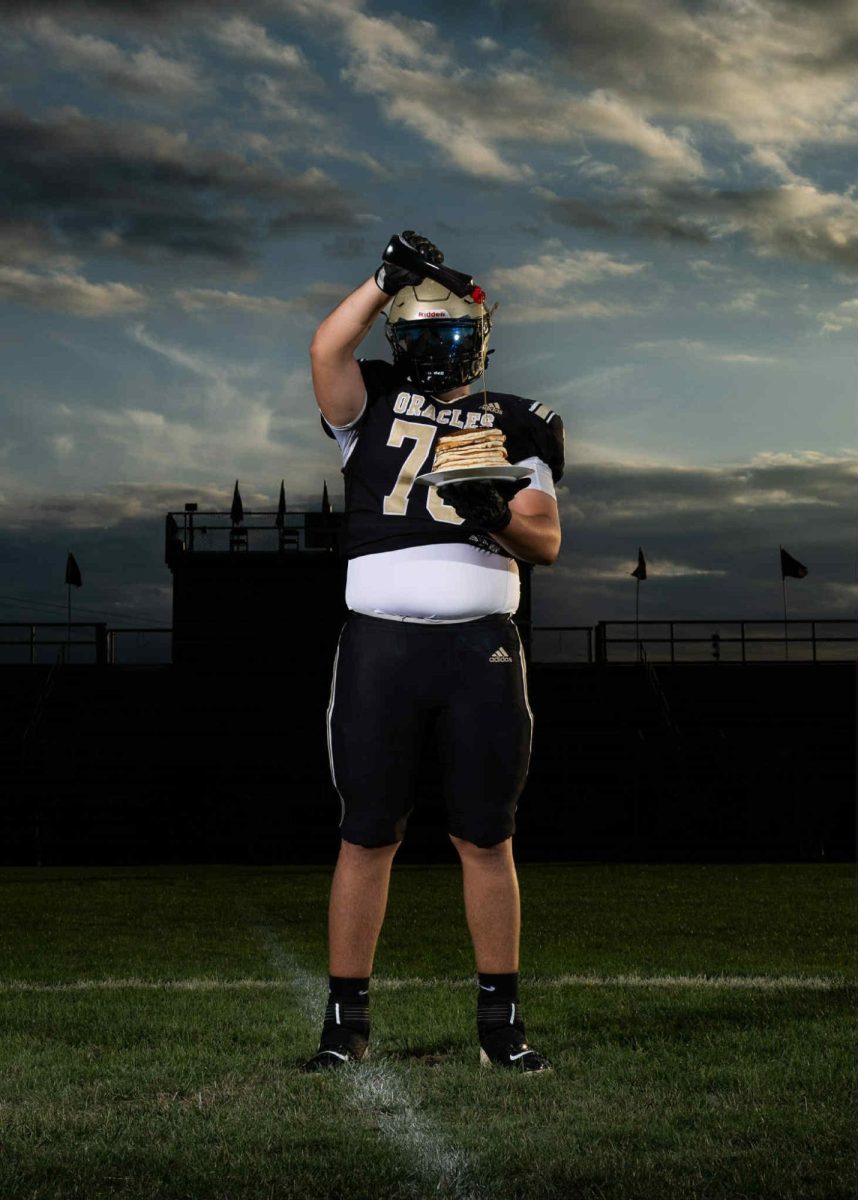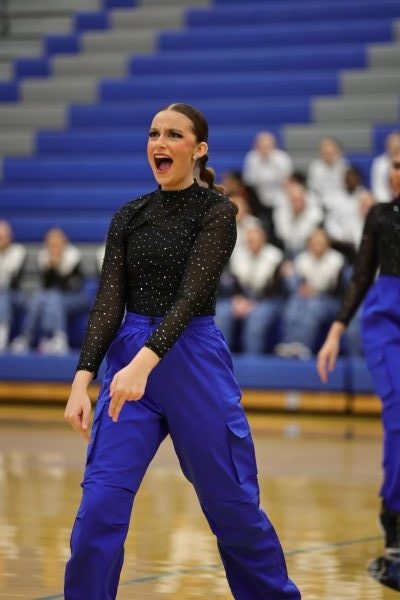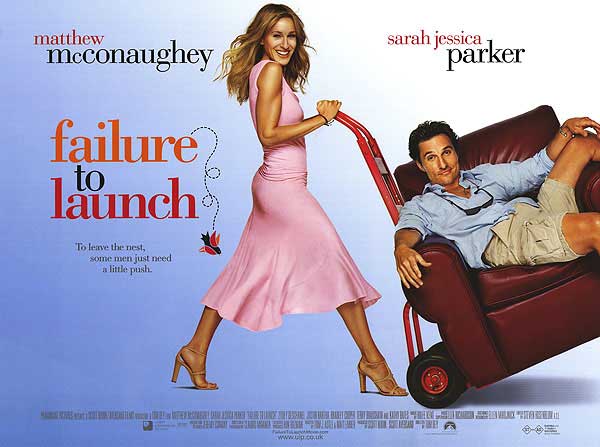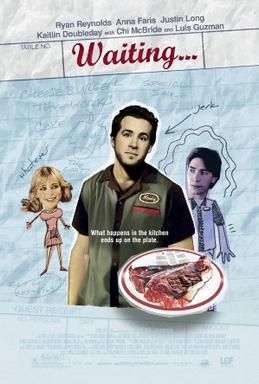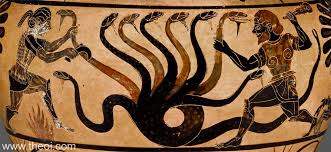Norma McCorvey: the face behind Roe v. Wade
The case of Roe v. Wade is one of the most famous court cases in the history of the United States: Jane Roe, the pseudonym for a pregnant woman who wanted an abortion, versus District Attorney Henry Wade, who represented the state of Texas. On Jan. 22, 1973, the Supreme Court ruled that women had the right to an abortion until fetal viability; “viable” being defined as potentially able to survive outside of the womb, even with artificial aid. For the past forty years, people have been fighting on one of two sides―pro-choice and pro-life. These are generally well-known facts. However, it recently came to my attention that there was more to this story dealing with the person behind the alias Jane Roe. With information found from the Vanity Fair article “The Accidental Activist” by Joshua Prager, here is the story of the life of one Miss Norma McCorvey, aka Jane Roe.
Norma McCorvey (née Nelson) was born on Sept. 22, 1947 to Mary and Olin Nelson. McCorvey’s life was rocky from the start. Her mother was physically abusive, and her father left when McCorvey was thirteen years old. McCorvey soon attended a Catholic boarding school, and then, after a few brushes with the law and being caught kissing a female friend, a reform school.
When Norma was fifteen, she met Elwood “Woody” McCorvey, a twenty-one year old sheet-metal worker. They were married and expecting a child by the time she was sixteen. However, she left her husband before their daughter was born due to the fact that he was abusive.
Norma moved in with her mother, but all was still not well. She soon developed an alcohol problem and came out as a lesbian. One weekend, she took a trip to visit a couple of friends and left her daughter, Melissa, with her mother, Mary Nelson. McCorvey claimed that when she returned, McCorvey discovered that Nelson had replaced Melissa with a baby doll, hidden the actual child, and called the police to tell them that McCorvey had abandoned her daughter. McCorvey was kicked out of her mother’s house, and Melissa was kept from her for three months before Nelson allowed McCorvey to visit her. It seemed like things were finally getting back on track when her mother tricked McCorvey into signing over custody of Melissa to Nelson and was once again kicked out.
Although McCorvey identified as a lesbian, she continued to have relations with men as well. At age nineteen, McCorvey became pregnant a second time, but the baby was given up for adoption to a family who has remained anonymous.
McCorvey’s last pregnancy, at age twenty-one, was the one that made her famous. McCorvey told her doctor that she did not want to bring the pregnancy to term; however, her doctor convinced her to talk to an adoption lawyer, one Henry McCluskey. McCluskey was friends with Linda Coffee, the woman who would later represent McCorvey in court to make abortion legal. At the time, Coffee was looking for a case to file a suit against the state of Texas’s abortion statutes. McCorvey was exactly the person that Coffee, and former classmate/fellow lawyer Sarah Weddington, were looking for.
In an attempt to keep McCorvey somewhat anonymous, the case was filed under the name, “Jane Roe.” Coffee filed Roe v. Wade on March 3, 1970 when McCorvey was six months pregnant. McCorvey still held the belief that she would be able to get an abortion if the process was finished in time, but Coffee informed her that it was most likely already too late. McCorvey wrote in her book I Am Roe: “I got drunk, and pounded my fists into my [pregnant] belly in frustration.” The baby was born and immediately given to a family that has since kept its identity private.
Meanwhile, the case went on, but McCorvey was no longer a part of it. Oral arguments were heard once in December of 1971 and again in October of 1972 after two new Supreme Court Justices were instated. Finally, the Supreme Court ruled in favor of Jane Roe in January of 1973.
On a national level, McCorvey claimed that she wanted to remain anonymous and didn’t announce that she was Jane Roe until a TV interview eleven years after the decision; however, McCorvey locally announced that she was Jane Roe only four days after the Court made its decision. She also told the press that she had become pregnant by being raped, which she later admitted was a lie.
McCorvey was still fairly unknown, just a woman of twenty-five, living with her partner, Connie Gonzales―the two women met soon after McCorvey gave birth to the baby that started it all and immediately began a relationship. The couple had an active social life. McCorvey’s daughter Melissa was able to visit her mother’s home in Dallas a few times and recounted how there were usually marijuana plants, so one could imagine how McCorvey and Gonzales became so popular.
Throughout the next couple of decades, McCorvey would volunteer at abortion clinics, women’s shelters, and other facilities that were pro-choice. In 1994, McCorvey published her first autobiography, I Am Roe. In it, she addressed her role as Jane Roe, her beliefs on abortion, and her life as a lesbian. Of abortion, she wrote, “This issue is the only thing I live for. I live, eat, breathe, think everything about abortion.”
This is especially ironic considering the total one-eighty that McCorvey did in the year 1995. McCorvey was working at a Dallas women’s clinic when a Christian group devoted to making abortion illegal, Operation Rescue, moved next door. At first, McCorvey claimed that she was horrified―for what, I’m not sure―but it was soon reported that she was visiting Operation Rescue regularly. In July of 1995, McCorvey converted to Christianity and completely switched sides.
McCorvey helped to create the Texas nonprofit, Roe No More Ministry, devoted to undoing everything she had previously stood for. Not only was she disgusted by abortion, she was disgusted by homosexuality as well. McCorvey still lived with Gonzales for a while, but she described the relationship as being platonic. Melissa even recalled that her mother would introduce Gonzales as her aunt, godmother, or cousin.
In 2004, Gonzales suffered a stroke. After a year of struggling financially, McCorvey left her former partner. Gonzales said of McCorvey, “She’s a phony.” Looking over McCorvey’s history, one is inclined to agree.

Bella McGill is a senior at DCHS and in her third year on the Parnassus staff. She is in the plays, French club, 4-H, and band. In her spare time, she...





